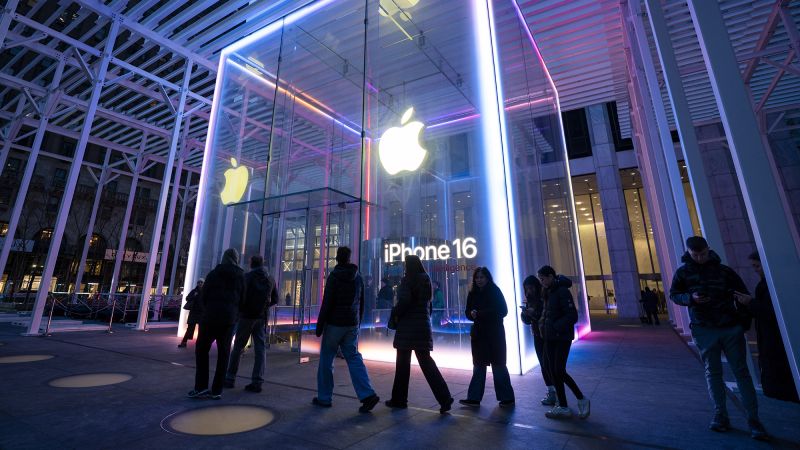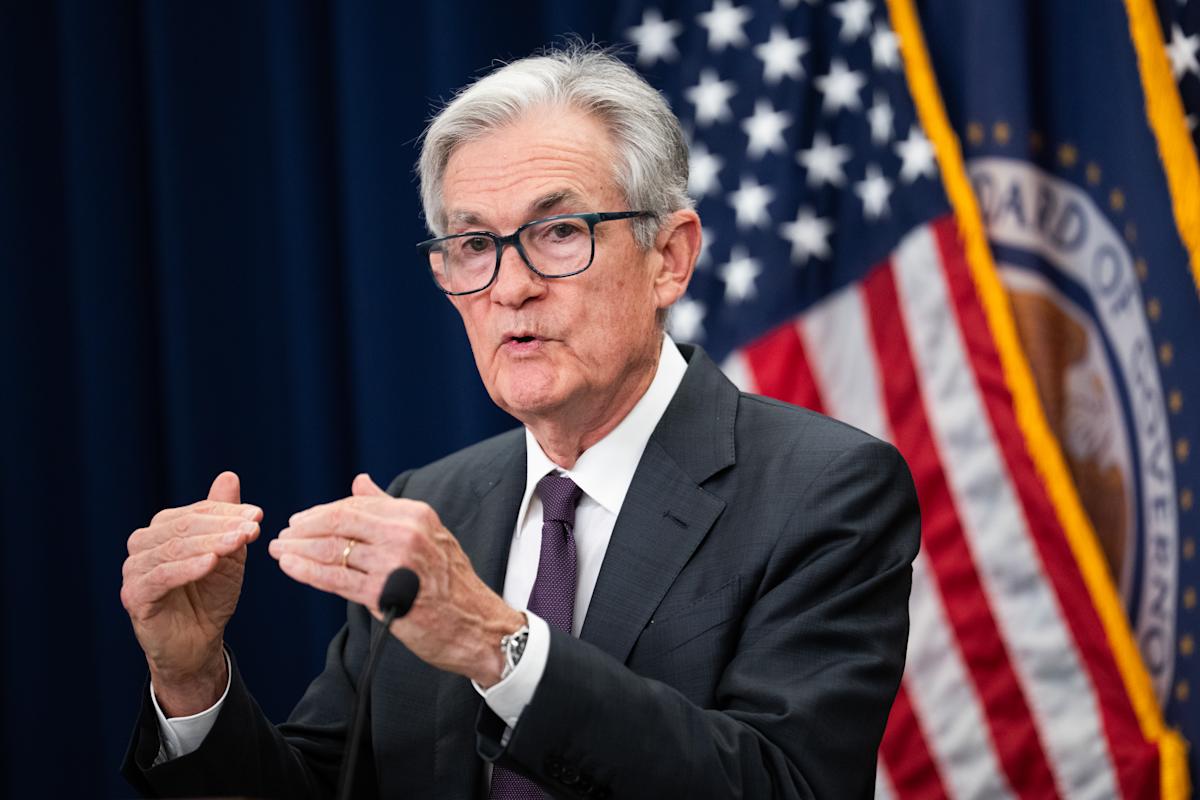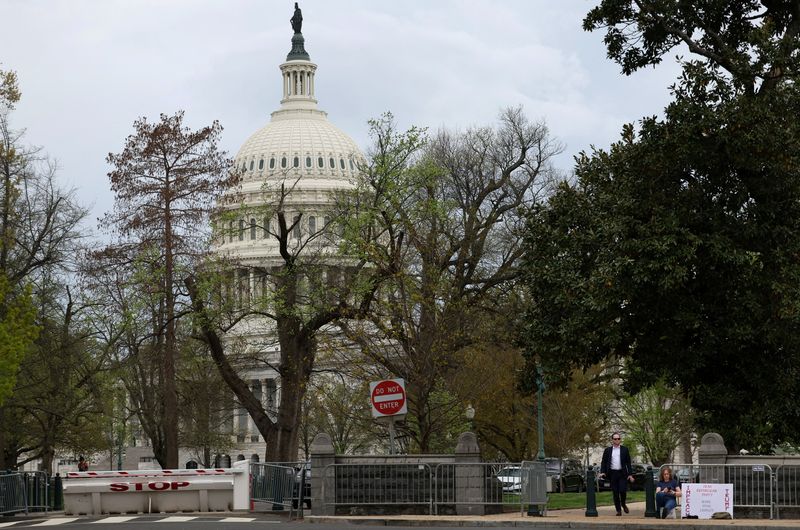Trump Threatens 50% Tariff on EU Goods

Trump's Tariff Announcement and Rationale
President Donald Trump recently announced a proposed 50% tariff on European Union (EU) goods, citing a lack of progress in ongoing trade negotiations. The president expressed frustration with the EU’s trade barriers, value-added taxes (VAT), and other regulatory measures, which he argued have led to a significant trade imbalance. According to government data, the U.S. ran a $236 billion trade deficit with the EU in 2022. Trump criticized the EU as being "very difficult to deal with" and claimed the bloc was formed with the intent of exploiting U.S. trade. The proposed tariffs are scheduled to take effect on June 1, 2025, unless a trade agreement is reached.
The announcement represents an escalation in U.S.-EU trade tensions, as earlier proposed tariffs were capped at 20% and later reduced to 10% to allow for further negotiations. Trump emphasized that the tariffs would apply to products not manufactured in the U.S., aligning with his "America First" agenda to boost domestic manufacturing and job creation.
Impact on Apple and Global Markets
In addition to targeting the EU, Trump issued a warning to Apple, threatening a 25% tariff on imported iPhones unless the company shifts production to the U.S. or other approved regions like India. Apple CEO Tim Cook has previously indicated efforts to diversify production away from China, with India and Vietnam becoming key manufacturing hubs. However, Trump's directive underscores his dissatisfaction with the pace of these changes.
The tariff announcements triggered a negative reaction in global financial markets. European stock indices such as Germany's DAX and France’s CAC fell by 2.4% and 2.2%, respectively, while London's FTSE 100 dropped 1%. Apple’s stock also saw a 3% decline in premarket trading. Economists warn that these tariffs could increase costs for consumers and strain already fragile global supply chains.
Potential Retaliation and Broader Implications
The EU has signaled its intention to retaliate if the proposed tariffs are implemented. Reports suggest the bloc is preparing countermeasures targeting approximately $108 billion worth of U.S. goods, including agricultural products and industrial exports. These retaliatory measures could exacerbate trade tensions and lead to a broader economic fallout.
Global supply chains, already under pressure from geopolitical uncertainties and inflation, face additional risks from escalating tariffs. Economists highlight that higher tariffs could result in increased production costs and disrupt international trade flows. Furthermore, the move could compel businesses to reconsider their manufacturing and supply chain strategies, potentially relocating operations to mitigate the impact of tariffs.
The proposed tariffs and potential retaliatory actions underscore the fragility of global trade relations and raise concerns about prolonged economic disruptions. Both the U.S. and the EU face growing pressure to reach a resolution to avoid further damage to their economies and the global market.
 Sources
Sources- Trump threatens tariffs Apple iPhones EU products
 bbc
bbc - Trump threatens 50% tariff EU | CNN Business
 cnn
cnn - Trump Threatens 50% Tariff EU Goods
 investopedia
investopedia - Trump threatens 25% tariff iPhones, 50% tariff EU goods amid trade tensions
 fox
fox
Top News
Related Articles
- Trump threatens tariffs Apple iPhones EU products
 bbc
bbc - Trump threatens 50% tariff EU | CNN Business
 cnn
cnn - Trump Threatens 50% Tariff EU Goods
 investopedia
investopedia - Trump threatens 25% tariff iPhones, 50% tariff EU goods amid trade tensions
 fox
fox
People Also Watch



















